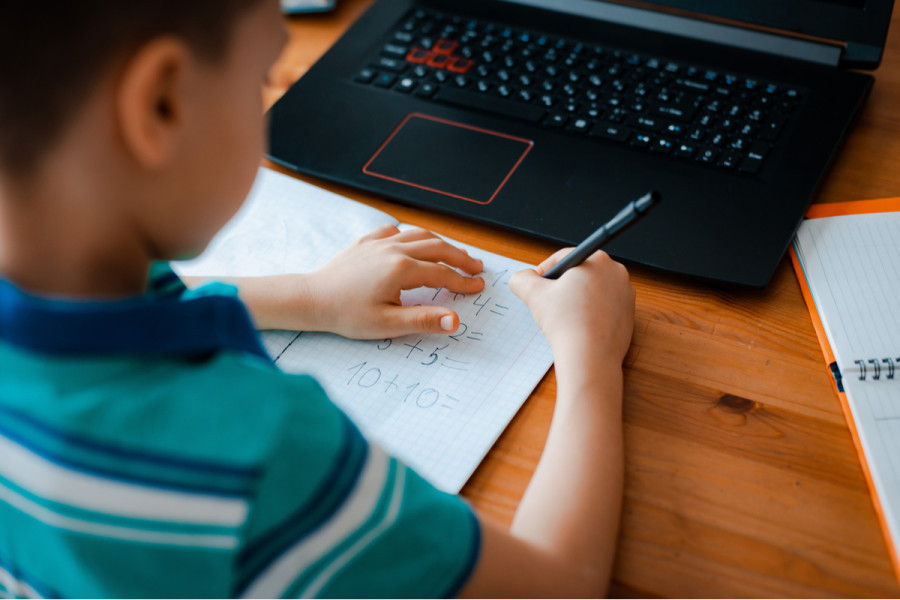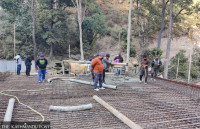National
Pandemic worsens disparities in children’s development and learning
According to a UNICEF survey, the early childhood development of one out of five children between the ages of 2 and 4 years in Nepal is not on track amidst the Covid-19 pandemic.
Post Report
The Covid-19 pandemic has affected the health, learning and psychosocial well-being of children, according to UNICEF.
Issuing a press statement on Monday, the UN agency said the early childhood development of one out of five children between the ages of 2 to 4 years in Nepal is not on track amidst the pandemic.
“The Early Childhood Development Index (ECDI) survey conducted in August showed that children from lower income families, living in rural areas, with caregivers with no or low levels of education, and not attending early childhood education (ECE) programmes were at higher risk of being developmentally off track,” read the statement.
The survey was conducted among a representative sample of 2,853 households with children to understand the development needs and status of young children aged 2 to 4 years.
According to the statement, children who attended government ECE programmes were still at higher risk of being developmentally off track compared to those who attended private programmes.
The phone-based survey’s data revealed an alarming plunge in parental engagement compared to pre-pandemic conditions.
“Under the dynamic situation and especially in the time when people’s lives were affected by loosening of the prohibitory orders in August 2021, only 31 per cent of children received early stimulation at home by family members compared to 73 per cent in 2019,” the statement read.
According to the statement, a follow-up survey conducted later in October found that mothers’ engagement improved over time as they settled into normalcy after the strict prohibitory orders were lifted.
“However, fathers’ engagement remained low (six percent),” reads the statement.
The UN agency pointed out the underuse of alternative learning modalities during school closure specified by the government’s Emergency Action Plan, including online classes, mobile teacher, radio, TV, tele-teaching among others as contributing factors to the developmental gap in children during the pandemic.
“Thirty-four percent of children did not engage in learning through alternative learning modalities at all,” the statement reads. Minimum use of low-tech solutions and unequal access to high-tech solutions like online classes, which were almost exclusively accessible only to children who attended private ECE, might have contributed to the developmental gap observed between children who attended private ECE and those who did not, the statement noted.
In view of the findings of the survey, UNICEF, through the statement, has called upon the government, development partners, teachers, parents and other stakeholders to target children who are at higher risk of becoming developmentally off track, through effective interventions for remedial learning.
The UN agency has also called on stakeholders to develop systems to support teachers and parents to understand each child’s individual development and learning level through user-friendly assessments and teaching-learning guidelines to enable learning at home and school.




 9.17°C Kathmandu
9.17°C Kathmandu












